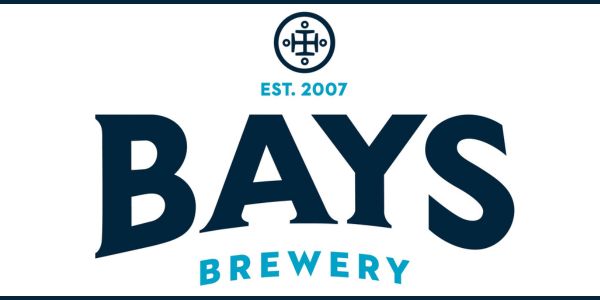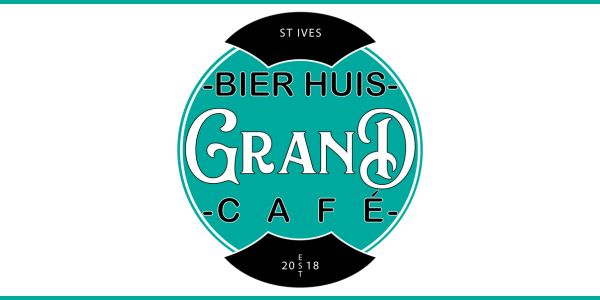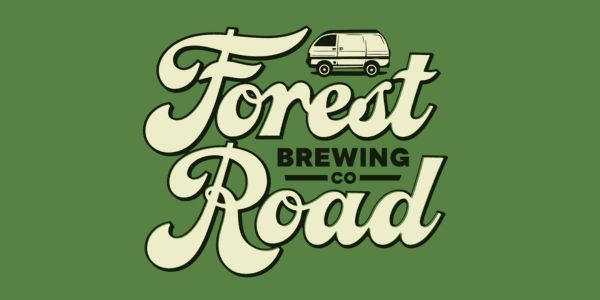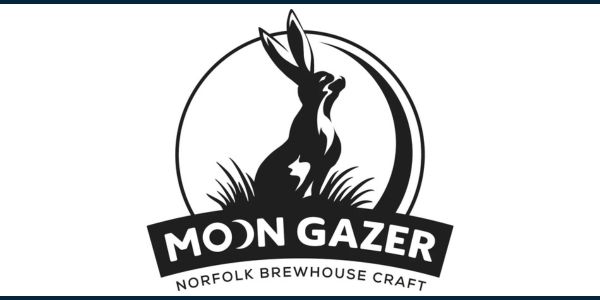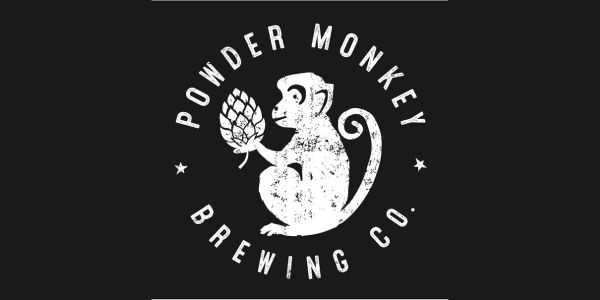Cheltenham-based DEYA Brewing Co has created its first green hop beer, using flavoursome Harlequin hops, from the fields of Herefordshire.
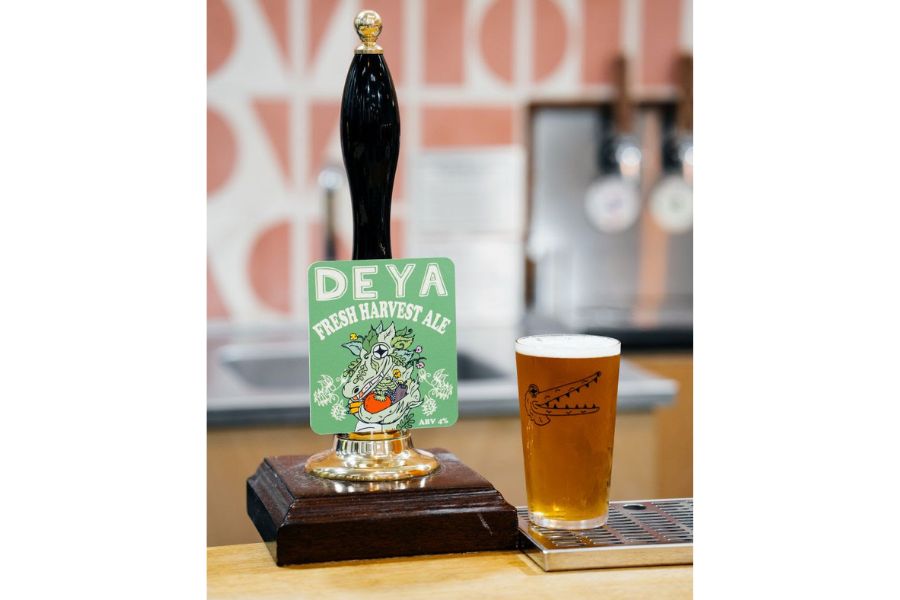
DEYA worked with hop merchant Charles Faram on the project, who suggested using hops grown on Townend Hop Farm, Ledbury.
The hops were picked in the morning and brewed with on the same day, without undergoing any processing or drying. The result is Fresh Harvest Ale, coming in at 4% ABV.
Layers of fruit aroma line up. Pineapple, grapefruit, lemon, and peach. Light malt sweetness is cut by big fresh hop flavour and a clean herbal bitterness.
As DEYA’s brew kit isn’t designed to handle whole cone hops, a workaround was required. A lauter tun was used as a hopback and there was a big single0-hop steep to try to maximise aroma and preserve the character of the hops.
“It’s unsurprisingly very common for UK breweries from hop producing areas to brew fresh hop beers, as they have easiest access to the hops,” says the brewer. “Obviously, historically, these breweries would have only produced cask beer, and most of the examples of fresh-hop beers are still brewed for cask. We felt it was fitting to honour this.”



